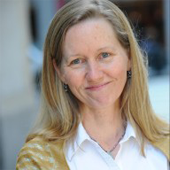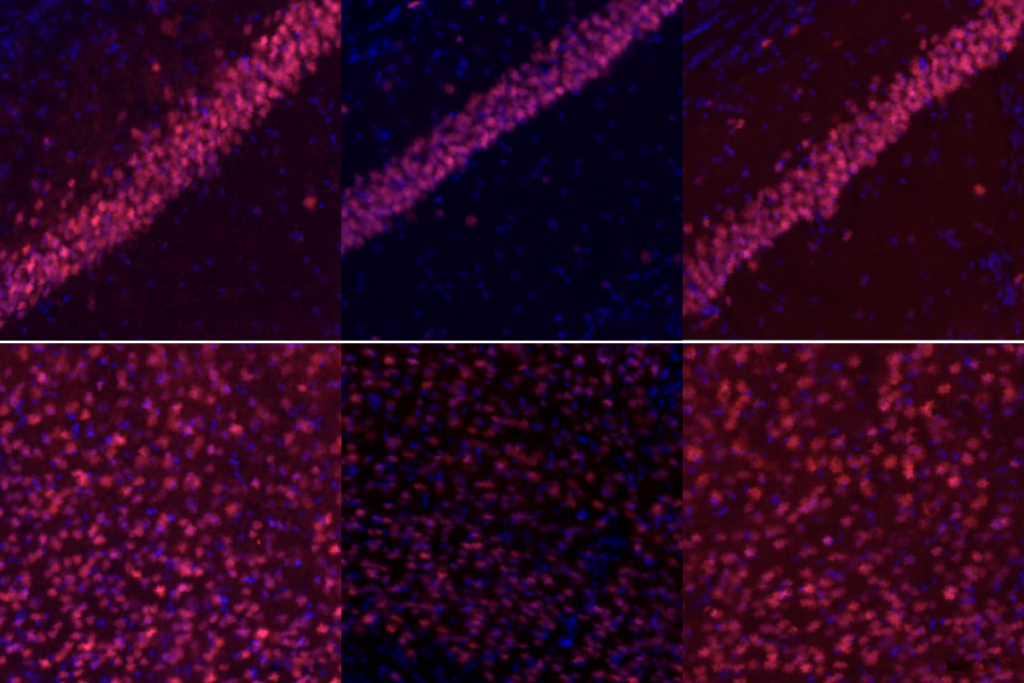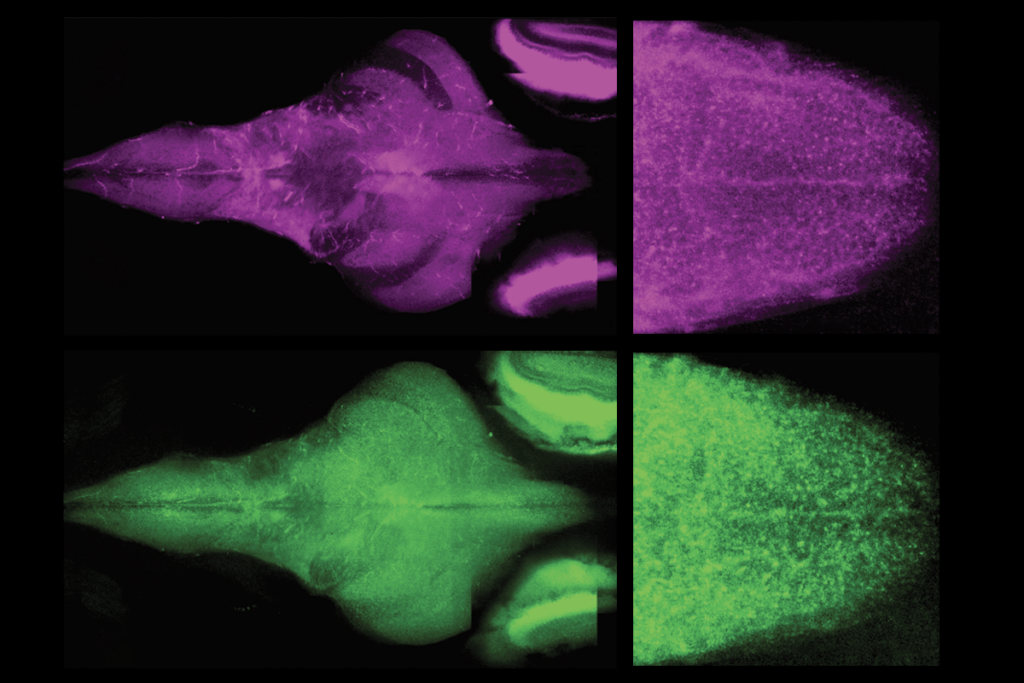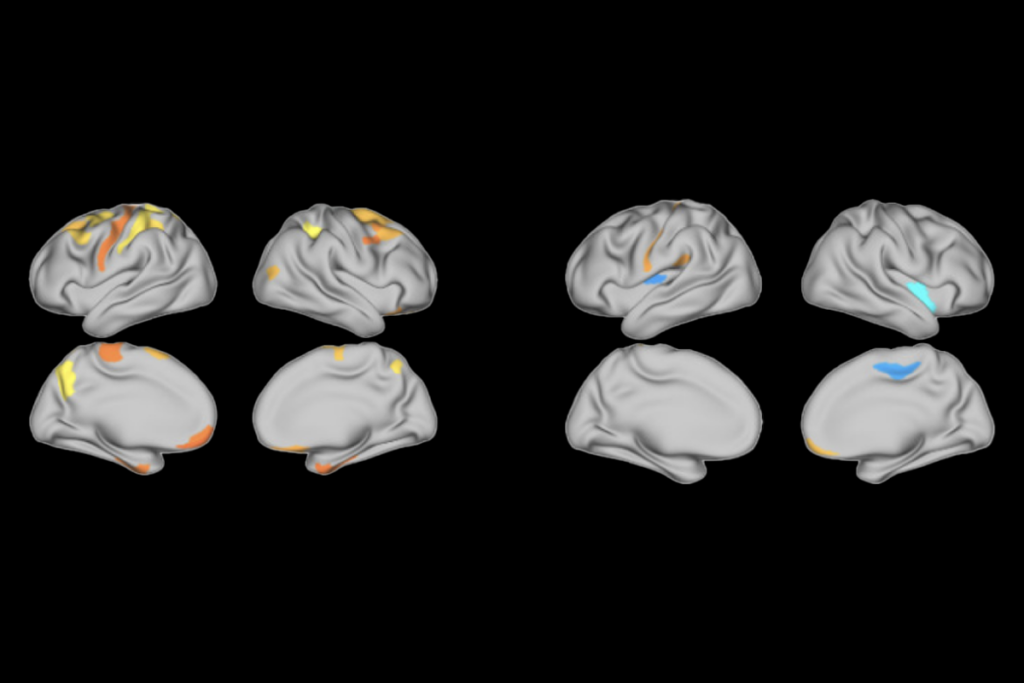Jill U. Adams is a freelance science journalist based in Albany, New York. She covers health, mental health and biomedical research for such publications as The Transmitter, The Washington Post, Scientific American, Undark and The Scientist. She has a Ph.D. in pharmacology from Emory University in Atlanta, Georgia.

Jill Adams
Contributing writer
From this contributor
In-vivo base editing in a mouse model of autism, and more
Here is a roundup of autism-related news and research spotted around the web for the week of 23 February.

In-vivo base editing in a mouse model of autism, and more
New insights on sex bias in autism, and more
Here is a roundup of autism-related news and research spotted around the web for the week of 16 February.
Interneurons’ role in epilepsy, and more
Here is a roundup of autism-related news and research spotted around the web for the week of 9 February.
Pangenomic approaches to the genetics of autism, and more
Here is a roundup of autism-related news and research spotted around the web for the week of 2 February.

Pangenomic approaches to the genetics of autism, and more
FDA website no longer warns against bogus autism therapies, and more
Here is a roundup of autism-related news and research spotted around the web for the week of 26 January.

FDA website no longer warns against bogus autism therapies, and more
Explore more from The Transmitter
Dendrites help neuroscientists see the forest for the trees
Dendritic arbors provide just the right scale to study how individual neurons reciprocally interact with their broader circuitry—and are our best bet to bridge cellular and systems neuroscience.

Dendrites help neuroscientists see the forest for the trees
Dendritic arbors provide just the right scale to study how individual neurons reciprocally interact with their broader circuitry—and are our best bet to bridge cellular and systems neuroscience.
Two primate centers drop ‘primate’ from their name
The Washington and Tulane National Biomedical Research Centers—formerly called National Primate Research Centers—say they made the change to better reflect the breadth of research performed at the centers.

Two primate centers drop ‘primate’ from their name
The Washington and Tulane National Biomedical Research Centers—formerly called National Primate Research Centers—say they made the change to better reflect the breadth of research performed at the centers.
Post-infection immune conflict alters fetal development in some male mice
The immune-conflict between dam and fetus could help explain sex differences in neurodevelopmental conditions.

Post-infection immune conflict alters fetal development in some male mice
The immune-conflict between dam and fetus could help explain sex differences in neurodevelopmental conditions.

